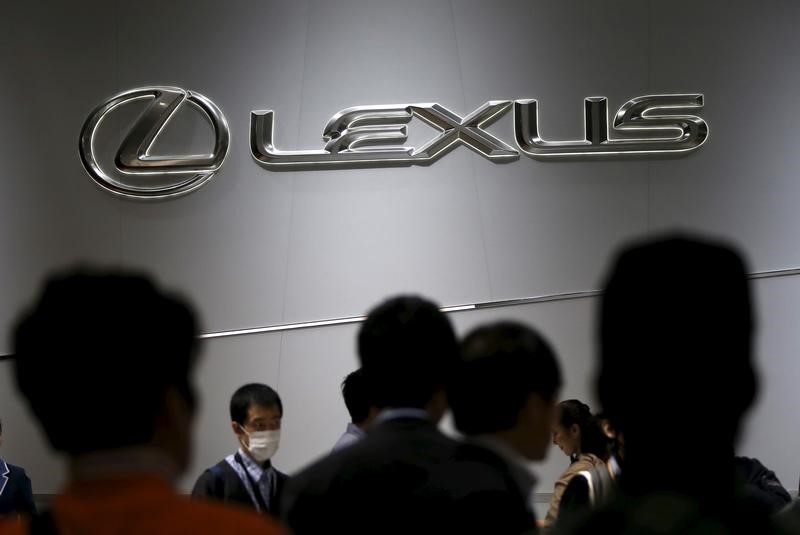This post was originally published on this site
https://i-invdn-com.investing.com/trkd-images/LYNXMPEJ3R00O_L.jpg
Truck makers have long anticipated a shift to electric vehicles (EVs) with lower maintenance costs, but uptake has been slow because of the higher purchase price and a lack of adequate charging infrastructure.
Rizon will offer Class 4 and 5 trucks with lithium iron phosphate battery technology and start production in the third quarter of 2023, Andreas Deuschle, the global head of Rizon, said on a call with reporters.
Distribution will start in the fourth quarter through an exclusive agreement with Velocity Vehicle Group, the company said.
Karl Deppen, head of Daimler Truck Asia, said purchase prices were falling for some vehicles that received different grants and interest in battery electric vehicles (BEVs) was rising based on their quietness and comfort compared with diesel trucks.
“There’s a lot of drive towards locally emission-free vehicles and BEVs, and that’s the perfect opportunity here,” he added.
The U.S. Environmental Protection Agency (EPA) this month proposed sweeping emissions cuts for new cars and trucks through 2032, a move it said could mean two-thirds of new vehicles sold would be electric within a decade.
Stricter rules for medium-duty vehicle are projected to cut emissions by 44% over 2026.
Daimler already makes a medium-duty Freightliner eM2 106 for distribution purposes such as beverage delivery and the Freightliner eCascadia, an 18-wheeler, aimed at regional distribution and port services with a range of up to 230 miles.
Depending on the battery variant, Rizon trucks will offer a range of 75 miles to 110 miles (121 km to 177 km) or 110 miles to 160 miles. The company said it would target customers involved in urban retail logistics, last-mile deliveries and municipal work.

